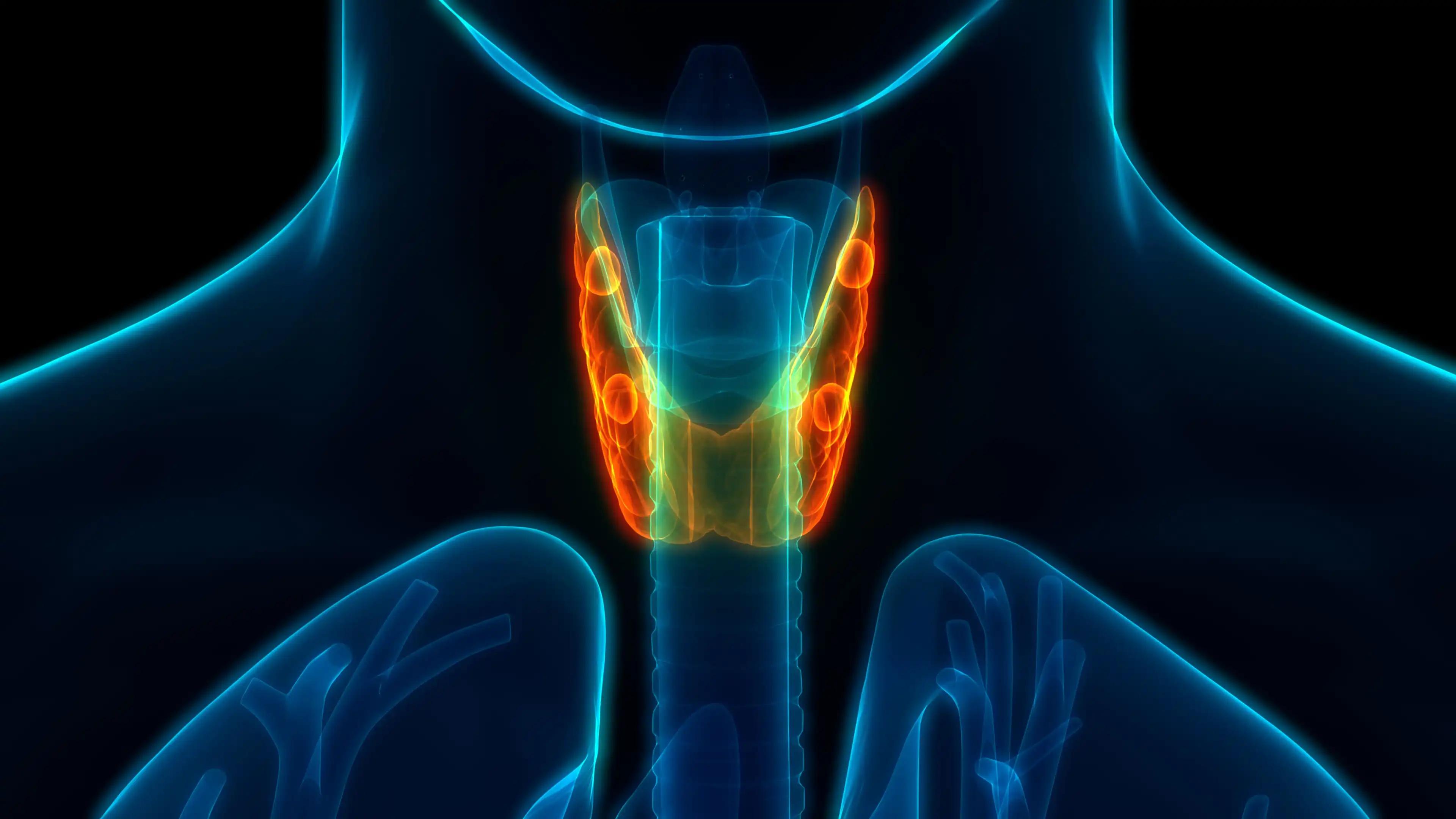KEY TAKEAWAYS
- The study aimed to evaluate the relationship between IR markers and the risk of esophageal cancer.
- METS-IR was identified as the most effective marker for early detection and risk stratification of esophageal cancer.
Esophageal cancer remains a serious global threat to human health. Triglyceride-glucose (TyG), a marker of insulin resistance (IR) and metabolic dysfunction, TyG index with body mass index (TyG-BMI), triglyceride/high-density lipoprotein cholesterol ratio (TG/HDL-C), and the metabolic score for IR (METS-IR) has been linked to an increased risk of esophageal cancer.
Chuang Yang and the team aimed to analyze how these metabolic indices correlates with esophageal cancer risk and to evaluate their effectiveness as predictors for the disease.
Researchers included 388,900 participants from the UK Biobank, collected between 2006 and 2010. Researchers used Fine-Gray models, restricted cubic splines (RCS), and receiver operating characteristics (ROC) curves to explore the relationship between 4 IR markers and the risk of esophageal cancer.
The analysis specifically focused on two types: esophageal adenocarcinoma (EAC) and esophageal squamous cell carcinoma (ESCC), aiming to understand how these markers might influence cancer risk.
The results showed that 10 years after recruitment, 0.16% of participants (95% CI: 0.11%-0.26%) developed esophageal cancer, and 4.17% (95% CI: 3.86-4.46%) had passed away. Each standard deviation increase in the TyG index, TyG-BMI, TG/HDL-C, and METS-IR raised the risk of EAC by HR of 1.16, 1.37, 1.08, and 1.36, respectively (all P < 0.05).
However, the risk of ESCC decreased, with HRs of 0.80, 0.67, 0.77, and 0.65. Also, Non linear relationships were observed (P < 0.05). ROC analysis showed METS-IR had higher diagnostic accuracy than other markers.
The study concluded that TyG index, TyG-BMI, TG/HDL-C, and METS-IR are linked to risk of EAC and ESCC, with METS-IR being the most effective indicator for early detection and improved risk stratification of esophageal cancer.
This study was funded by the China Scholarship Council and the Barrett-Initiative e.V. Open access funding by Projekt DEAL.
Source: https://pubmed.ncbi.nlm.nih.gov/39180548/
Yang C, Cheng W, Plum PS, et al. (2024). “Association between four insulin resistance surrogates and the risk of esophageal cancer: a prospective cohort study using the UK Biobank.” J Cancer Res Clin Oncol. 2024;150(8):399. Published 2024 Aug 24. doi:10.1007/s00432-024-05919-8



